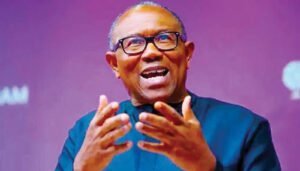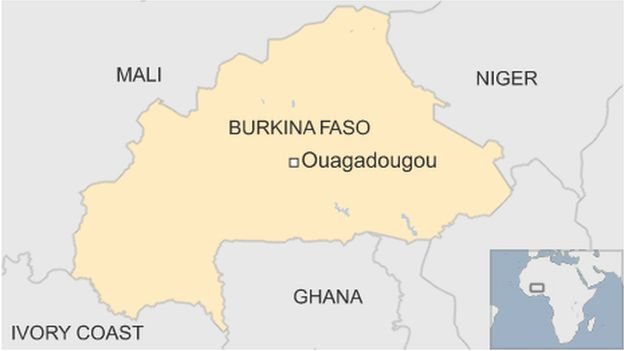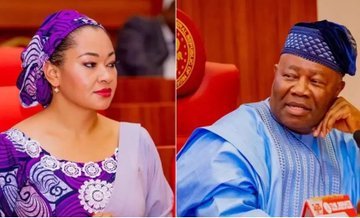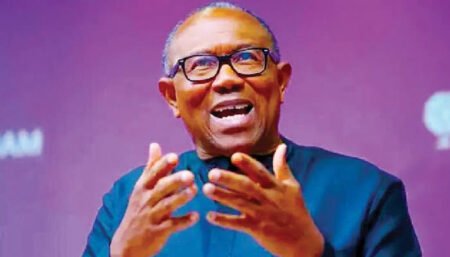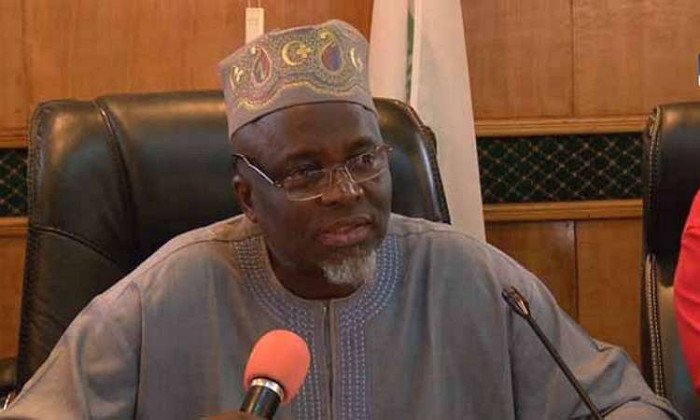Burkina Faso’s ruling military leader fired the country’s prime minister and dissolved the government, according to a presidential decree.
The dismissed Prime Minister has led three straight cabinets and survived each reshuffle.
Apollinaire Joachim Kyelem de Tambela, who was appointed premier in October 2022 following Captain Ibrahim Traore’s coup, was dismissed without explanation.
“The prime minister’s official functions are terminated,” stated the decree, adding that members of the dissolved government would “carry out ongoing business until the formation of a new government.”.
A January 2022 coup, led by Lieutenant-Colonel Paul-Henri Sandaogo Damiba, threw the West African country into chaos.
Little more than eight months later, Damiba was deposed by Traore, 36, who now leads the junta dictatorship.
Damiba, who deposed elected president Roch Marc Christian Kabore, is now in exile in adjacent Togo.
The junta has considered restoring national sovereignty a top priority, and it frequently criticises Western powers.
Burkina Faso has formed alliances with sister Sahel nations Mali and Niger, both of whom are run by military juntas after a series of coups in 2020.
The three countries formed the Alliance of Sahel States (AES) in September after cutting ties with erstwhile colonial power France and shifting their focus to Russia.
Burkina Faso was a French colony during the early part of the twentieth century, and relations with Paris have worsened since the 2022 coup.
Last month, Foreign Minister Karamoko Jean-Marie Traore stated that Burkina Faso’s cooperation with Russia “better suited” his country than its long-standing ties with France.
Burkina Faso, together with Mali and Niger, stated in January that they would withdraw from the Economic Community of West African States (ECOWAS), accusing it of being dominated by Paris.
The three neighbours are all fighting Islamist warfare, which began in northern Mali in 2012 and extended to Niger and Burkina Faso by 2015.
The crisis in Burkina Faso has pushed about two million people to flee their homes, killing more than 26,000 people, including soldiers and civilians, since 2015, according to monitoring group ACLED.
Moscow has dispatched military instructors there, as well as to numerous other African countries, to assist in the fight against Islamist violence.

